"Authorities must recognize that the red light of the climate is on"
- We have 11 years, 10+1, to stop the crazy march of climate change. It is late, but not too late. We cannot go back to the previous situation, but it is in our hands to do as little damage as possible, while trying to take action on chaotic nature. Lorea Flores is responsible for Greenpeace in Hego Euskal Herria. He has put the point on us.
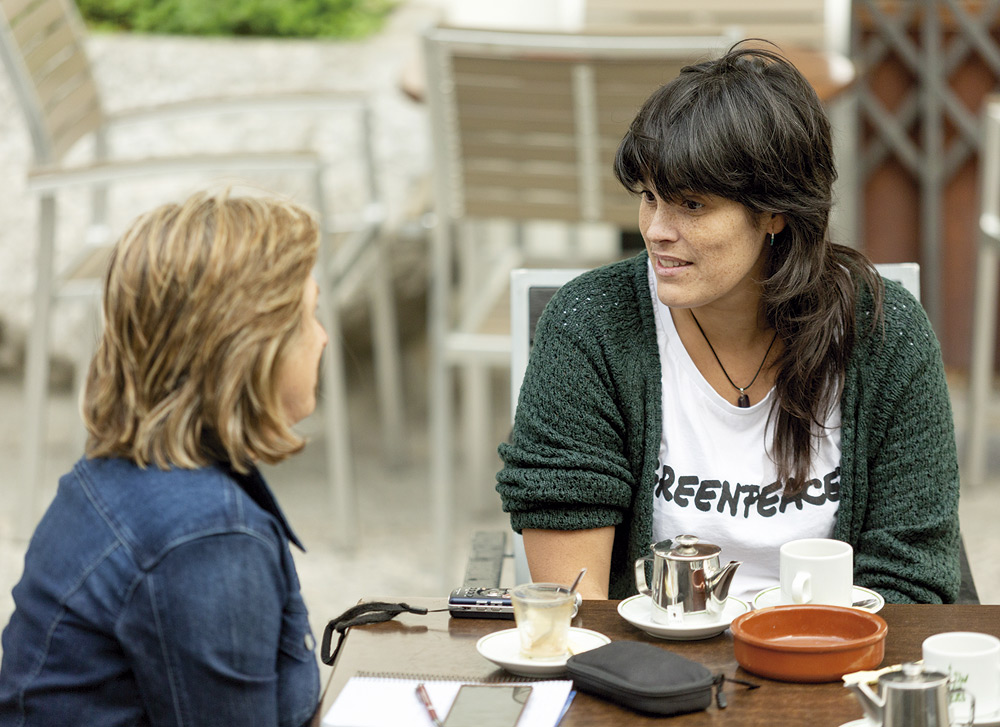
Iruñean sortu eta txikitatik Lesakan bizi da. EHUn Biologia ikasi zuen. Ikerkuntzan aritu izan da lanean, lehenbizi EHUko Ibaien Ekologia Taldean eta ondoren bi urte Frantziako Nekazal Ikerkuntzarako Institutuak Senperen duen egoitzan. Egur hilak ibaien ekosisteman duen eraginaren inguruan egin zuen doktorego tesia. Duela urtebete Greenpeaceko Hego Euskal Herriko arduraduna da.
Where does the passion for nature come from?
I've always had it. At first I wanted to learn veterinarians because I've always had great attachment to animals. We came to live in Lesaka at the age of 8, but I remember that with the Atautxis and Amautxis who lived in Pamplona we went many times to the mountain and to their vegetable garden of Tajonar. We saw plants and animals and amautxis always explaining to us that smaller animals are also very important and that they don't have to be evil. He told us, for example, bees that we shouldn't be afraid of. I loved all that.
You are an expert in river ecology. What did the thesis do?
I studied the effects of the reintroduction of dead wood into the river on the processes of the rivers and their inhabitants. Dead wood helps the river to take a shape, to retain its sediments and to secure its habitat for the inhabitants of the river. All of this, unfortunately, has not been respected here by the model of logging that has been used for years. It is stressed that it is better for streams to be clean, i.e. without logs, large stones and other “obstacles”, but a stream needs these elements to keep its ecosystem steady.
Do the dams also keep the river prisoner?
That's right. They cut river continuity, constitute an obstacle for the animals and modify the physical-chemical characteristics and water temperature. They completely alter the ecosystem. There's no free river left. Also in Artikutza, a fairly natural place, you can see how far man's hand has come and what changes there are in all channels.
How did you get to Greenpeace?
I've been researching so far, but I was increasingly being asked to leave, and that world is very competitive. While I was having these doubts, I had the opportunity to move to Greenpeace. They introduced me and welcomed me, and I work from Lesaka.
Why have you decided to open an office in Euskal Herria?
It is a question of strategy. The entity opened its office in 1984 in Madrid and currently has 130,000 members in the State, of which more than 11,000 are in Hego Euskal Herria (2,300 in Navarre and 9,000 in the CAV). There are many partners according to their population. There is a lot of movement here and they believed that it was necessary to open an office and the same has been done in Galicia, Catalonia and Andalusia.
What is special about this institution?
Greenpeace is an international environmental and pacifist organisation, economically and politically independent, which recognizes neither the donations nor the pressures of governments, political parties and companies. It does not receive or request help. We carry out direct and non-violent actions to draw attention to problems related to the environment.
"If we want to survive, we have to use fewer things and more time."
How long have you been working?
The first action took place in 1971. A group of Canadian activists moved to Alaska on board the fishing vessel to protest nuclear tests being carried out in the United States. They didn't manage to stop it, but they got an impressive media fame. Greenpeace is currently one of the most important environmental organisations. It is headquartered in Amsterdam and has offices in 55 countries around the world. In total, 3 million members support him.
Is the visibility of actions one of its characteristics?
Yes. You need that kind of visual stuff to move the problem to the center. In the State, in the summers of 1978 and 1980, the first ship Rainbow Warrior faced the whale fleet still in Spain to try to avoid catches.
One of Greenpeace’s major achievements is the closure of the Zorita nuclear power plant, the ban on drift-net fishing, the Kyoto protocol, the ban on anti-personnel mines and dispersion bombs and the declaration of an anti-law nature of the Hotel Algarrobico. In the Basque Country last year in the port of Bilbao we fought a shipment of weapons destined for Saudi Arabia and within the campaign against single-use plastics, we brought to Gaztelugatxe a dragon, a monster.
How many boats do you have working now?
Three: Rainbow Warrior, Esperanza and Artic Sunrise. The current Rainbow Warrior is the third ship, a sustainable sailing boat, built especially for Greenpeace. In July he made a stop in Galicia to show that there are citizen alternatives in energy consumption, such as our Goiener and Planes Energia. We have more competence in energy consumption than we think, and that is of great importance in preventing climate change.
Artic Sunrise and Esperanza are making an expedition from Pole to Pole or North Pole to the South Pole, in a campaign to call for a global deal for the oceans. Artic Sunrise stayed in Bilbao in June to warn of the need to protect the oceans.
.jpg)
In addition, what are the most important campaigns that you have in your hands?
So far, we've worked a lot on plastic, we've talked to companies, we've looked for alternatives, but in recent months, we've focused especially on climate change. A year ago, the fifth report of the expert group IPCC Intergovernmental Panel on Climate Change was published and it is explained that the consequences of climate change will be much more serious than expected. We are working with the youth movement Fridays For Future in mobilisations and in calling for concrete measures to be taken by governments to ensure that climate change is not so serious.
Scientists say the emergency is total. What does this mean?
That we can no longer avoid change. Change is taking place and we must now try not to make the most serious of the possibilities. To do so, the authorities must recognise that the red light is on. That is the most urgent and in that direction we are working quickly on the Climate Emergency Alliance, together with many other organizations and groups. Our aim is to present motions in most administrations for a state of emergency to be declared and a number of measures to be adopted.
It is true, moreover, that with such broad objectives it is not difficult for them to accept these proposals. Thus, we have recently seen how Urkullu has declared the state of emergency of the climate and the environment in the CAPV, despite the fact that, in our opinion, its policies do not coincide with those signed in certain areas, such as mobility.
What did you ask?
First, in the short term, reduce greenhouse gas emissions. The zero emissions target is set by 2050, but in the meantime, what? In 2008, in times of crisis, we saw a bit of a drop in the level, but the number of discharges has risen again. In Navarre, the number of unemployed has risen for the third year in a row. Governments need to clarify what they have to deal with this. For example, they should promote greater use of renewable energy. Until now it was more difficult for the sun tax, but once it has disappeared, it should make it easier for citizens and small businesses to use it. As far as consumption is concerned, we must work with companies that produce single-use plastic.
On the other hand, it is clear that the recycling system that is now in place does not work properly, because on the one hand, a lot of waste is generated and, on the other hand, the one that reaches the waste containers does not always recycle it properly. Steps must be taken in the collection systems to be more efficient. In general, less than 30 percent of the plastic produced in the world is recycled. Those from Ecoembes [company that recycles packaging] say that 80% of what comes into their containers is recycled, but we should see what happens with what does not come.
We should start to generate less, consume less, reuse and recycle.
How are we moving in this direction in Euskal Herria?
In general, quite positive steps have been taken, but that does not mean that everything is achieved, let alone. It is a battle won in Navarre, the incinerator has not been set in motion, but it is in Bizkaia and they want to launch it in Zubieta (Gipuzkoa). They are absolutely harmful to the environment. The same is true of mobility. In cities there are more and more red routes and there are other advances, but going to the countryside you see huge gaps, for example, in public transport. I suffer from that in Lesaka. Much work remains to be done.
In Navarre, the waste law was one of the first and we highly value it. However, from Madrid came the penalty for being too progressive.
The new climate change laws are being prepared in Navarre and the CAV. Will they be effective?
We read Navarre’s proposal and we found it a good law, despite the fact that some objectives are very general, with the risk of remaining in the mainstream. The truth is that we can say that it is a pretty good project compared to others that we have read. Let us see if now is the time for the approval of the new government. It is to be assumed that with the PSOE in Madrid the law will go ahead without major problems, and then we will be there to see if they comply with what they have said, of course. They say that in the CAV they want to do it for next summer. We'll see.
.jpg)
Does Greenpeace work as a lobby with awareness and pressure?
Yes. Individuals can't change everything, and if companies don't feel pressure, they won't change anything. They're very comfortable making money. Those benefiting from the exploitation of natural resources are not, in general, those affected. This makes us see how unfair the current system is. This is not just an environmental crisis, but a social crisis.
Is there a relocation of wealth and poverty?
Yes. We have linked the fire in the Amazon, for example, to the consumption of meat. For some it is not usually easy to detect the connection, but it can be understood if we see that most of the meat we consume here comes from industrial livestock farming and that to feed these animals we use soya brought from the Amazon and in it we burn forests to get land to grow soya. Here we eat meat, but there they suffer the damage.
We feel guilty. Is that good?
The truth is that we are increasingly talking about it. To some extent it's OK for people to feel guilty. We must also be aware of the capacity we all have. Changes are going to be made by society and we all have to start with small gestures to change customs.
Do we have to reclaim the mindset of austerity?
That's right. The size he has taken is enormous and we have to slow down the march. Change of consumption model. If we want to survive, we must use fewer things and more time. In the area of mobility, for example, there are those who say that we should stop using conventional fuels and only using electric cars, but that is not the solution either, to make those cars we need a lot of resources and that creates a lot of pollution. We need to think about whether we all need a car and there are other ways to move around.
Is there a lot of hypocrisy and whiteness around ecology?
The presence of the ecologist is, of course, fashionable. Companies frequently use green bleaching, greenwashing, to improve corporate image and is very common among individuals. In feminism and other movements the same thing happens.
A global general strike is called on 27 September. What are we going to do?
There are several options to participate. This is not a labour strike, because the unions cannot call people to mobilise. The students will go on strike, and the others will participate in demonstrations and activities.
Before we were on alert and now we were in a state of emergency.
We have eleven years left to change the situation. The temperature rises and it would be advisable not to increase more than 1.5 degrees.
What will happen if after eleven years we remain the same?
We're already noticing heatstroke, droughts, fires. They are becoming more and more frequent and violent. Many of the current fires are enormous and often cannot be dominated and have to wait in order to be able to turn off until time changes. In addition, there is a serious lack of water. Nature was quite cyclical so far. Climate change has made nature chaotic.
And here, in Euskal Herria, we are not safe…
Here the most serious damage will come later, but we will not be saved. We don't know how it affects us in the next few decades and it's scary. If we don't stop the gas emissions, the water level will rise and in a few years' time in Donostia-San Sebastian where you have your house, you may be underwater.
Antonio Turiel fisikari eta CSICeko ikerlariak aspaldiko urteetan ez bezala bete zuen Hernaniko Florida auzoko San Jose Langilearen eliza asteazkenean. Zientoka lagun elkartu ziren Urumeako Mendiak Bizirik taldeak antolatuta Trantsizio energetikoaren mugak izeneko bere hitzaldia... [+]
Klima aldaketaren eraginez, munduko lurralde gero eta gehiago idortzen ari dira, milioika pertsonaren jarduera eta bizimoduak kolokan ezarririk. Fenomeno horren frontean dago India erdialdeko Maharashtra estatua, non klimaren berotzeari eta lehortzeari metatu zaizkien oihan... [+]
Today’s Venice is built on an archipelago of 118 islands. These islands are connected by 455 bridges. The city is based on mud rather than Lura. Millions of trees in the area were cut down from the 9th century onwards to build piles and cement the city. Years have passed and... [+]
Lurrak guri zuhaitzak eman, eta guk lurrari egurra. Egungo bizimoldea bideraezina dela ikusita, Suitzako Alderdi Berdearen gazte adarrak galdeketara deitu ditu herritarrak, “garapen” ekonomikoa planetaren mugen gainetik jarri ala ez erabakitzeko. Izan ere, mundu... [+]
Eskola inguruko natur guneak aztertu dituzte Hernaniko Lehen Hezkuntzako bost ikastetxeetako ikasleek. Helburua, bikoitza: klima larrialdiari aurre egiteko eremu horiek identifikatu eta kontserbatzea batetik, eta hezkuntzarako erabiltzea, bestetik. Eskola bakoitzak natur eremu... [+]
Agintari gutxik aitortzen dute publikoki, disimulurik eta konplexurik gabe, multinazional kutsatzaileen alde daudela. Nahiago izaten dute enpresa horien aurpegi berdea babestu, “planetaren alde” lan egiten ari direla harro azpimarratu, eta kutsadura eta marroiz... [+]
Biologian doktorea, CESIC Zientzia Ikerketen Kontseilu Nagusiko ikerlaria eta Madrilgo Rey Juan Carlos unibertsitateko irakaslea, Fernando Valladares (Mar del Plata, 1965) klima aldaketa eta ingurumen gaietan Espainiako Estatuko ahots kritiko ezagunenetako bat da. Urteak... [+]
Nola azaldu 10-12 urteko ikasleei bioaniztasunaren galerak eta klima aldaketaren ondorioek duten larritasuna, “ez dago ezer egiterik” ideia alboratu eta planetaren alde elkarrekin zer egin dezakegun gogoetatzeko? Fernando Valladares biologoak hainbat gako eman dizkie... [+]
Eskoziako Lur Garaietara otsoak itzularazteak basoak bere onera ekartzen lagunduko lukeela adierazi dute Leeds unibertsitateko ikertzaileek.. Horrek, era berean, klima-larrialdiari aurre egiteko balioko lukeela baieztatu dute, basoek atmosferako karbono-dioxidoa xurgatuko... [+]













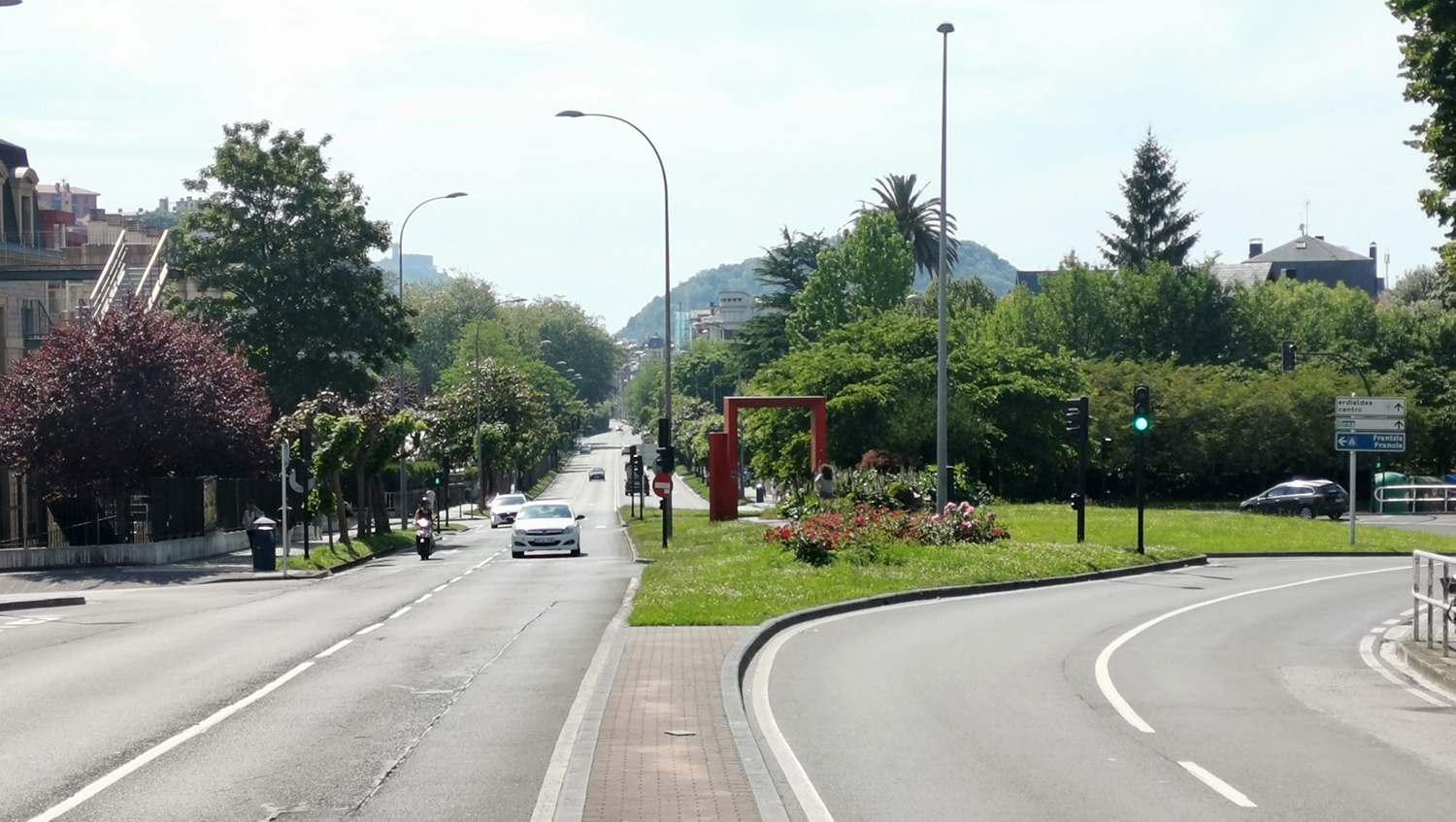




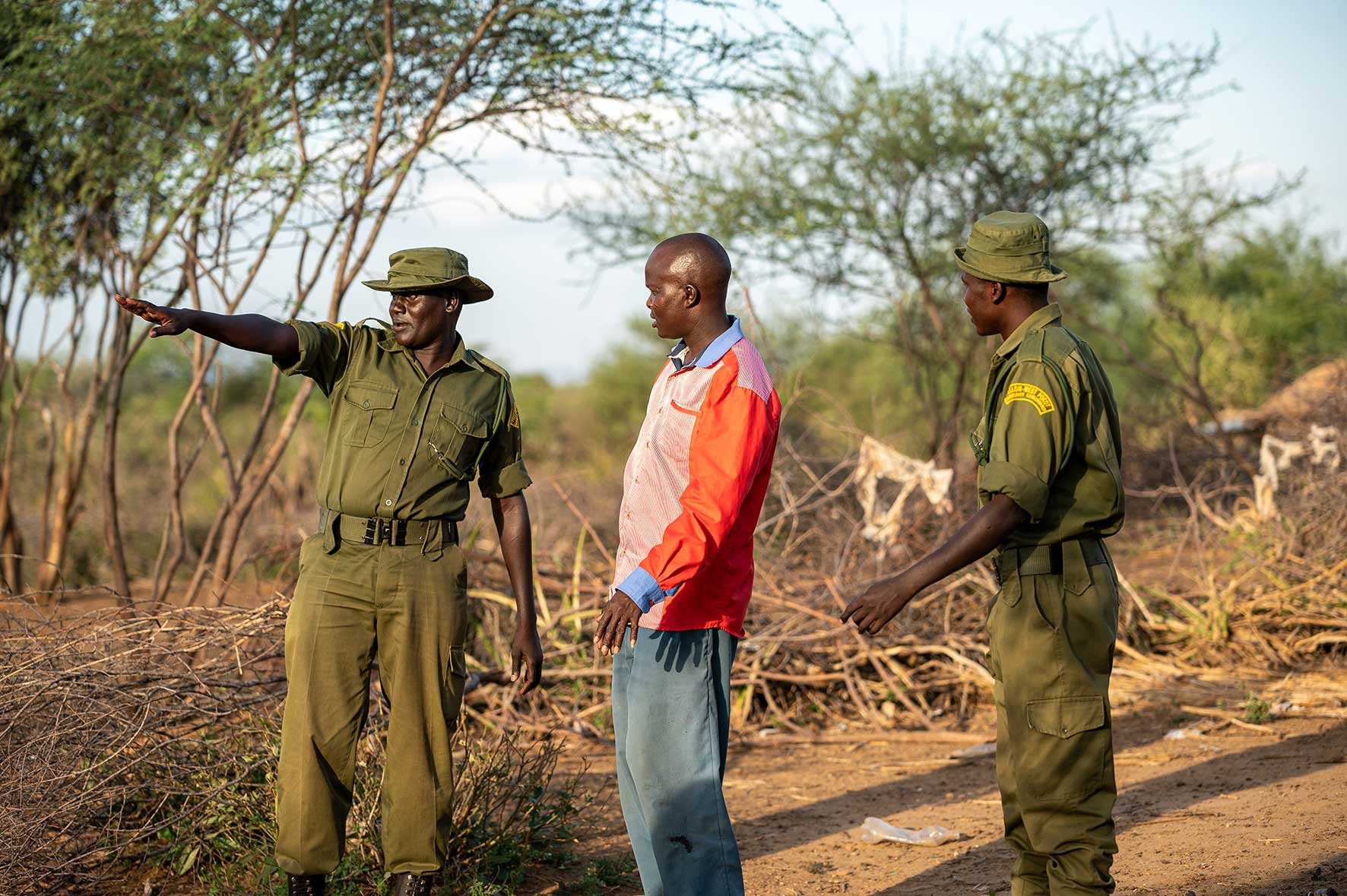
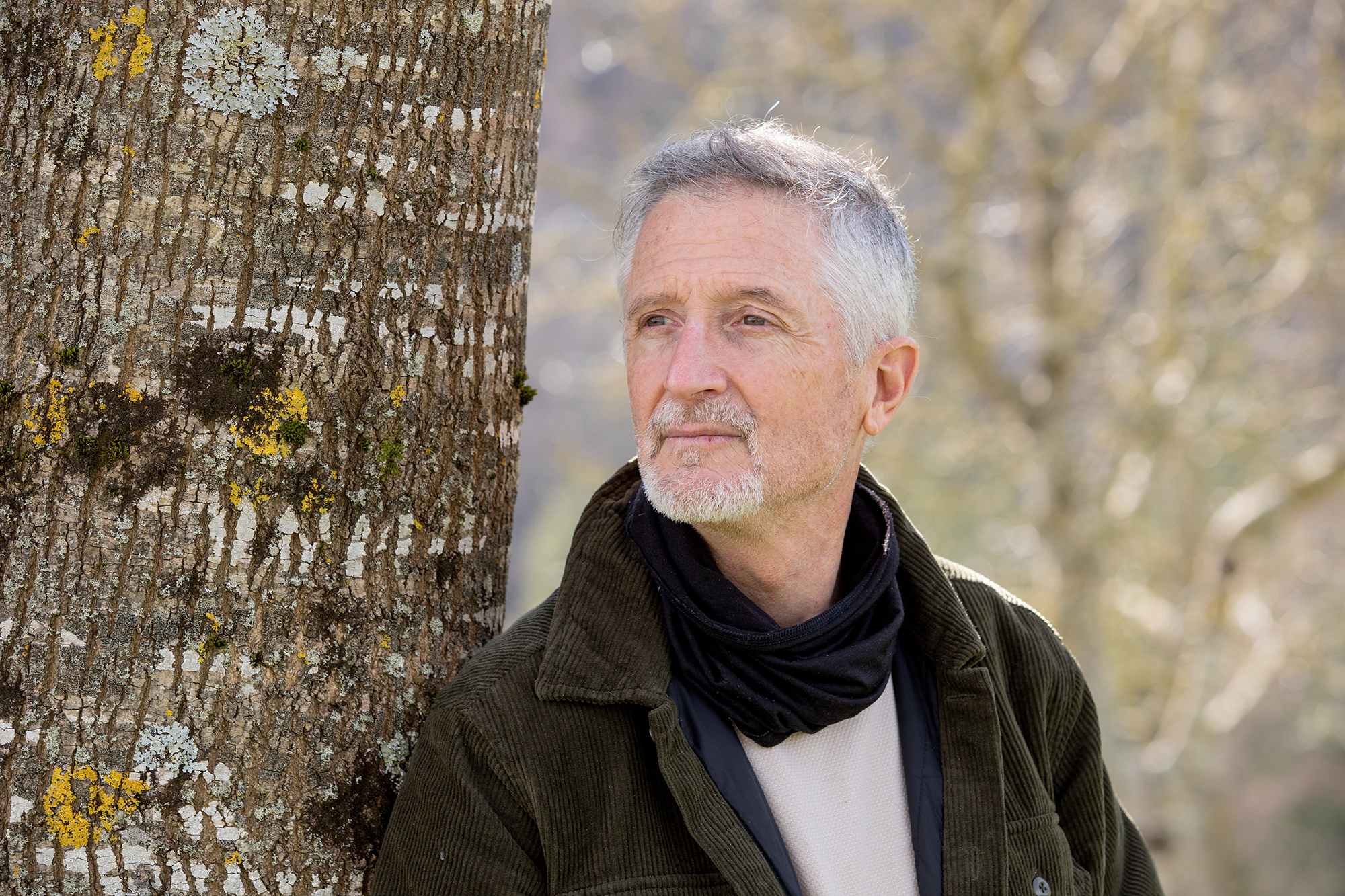

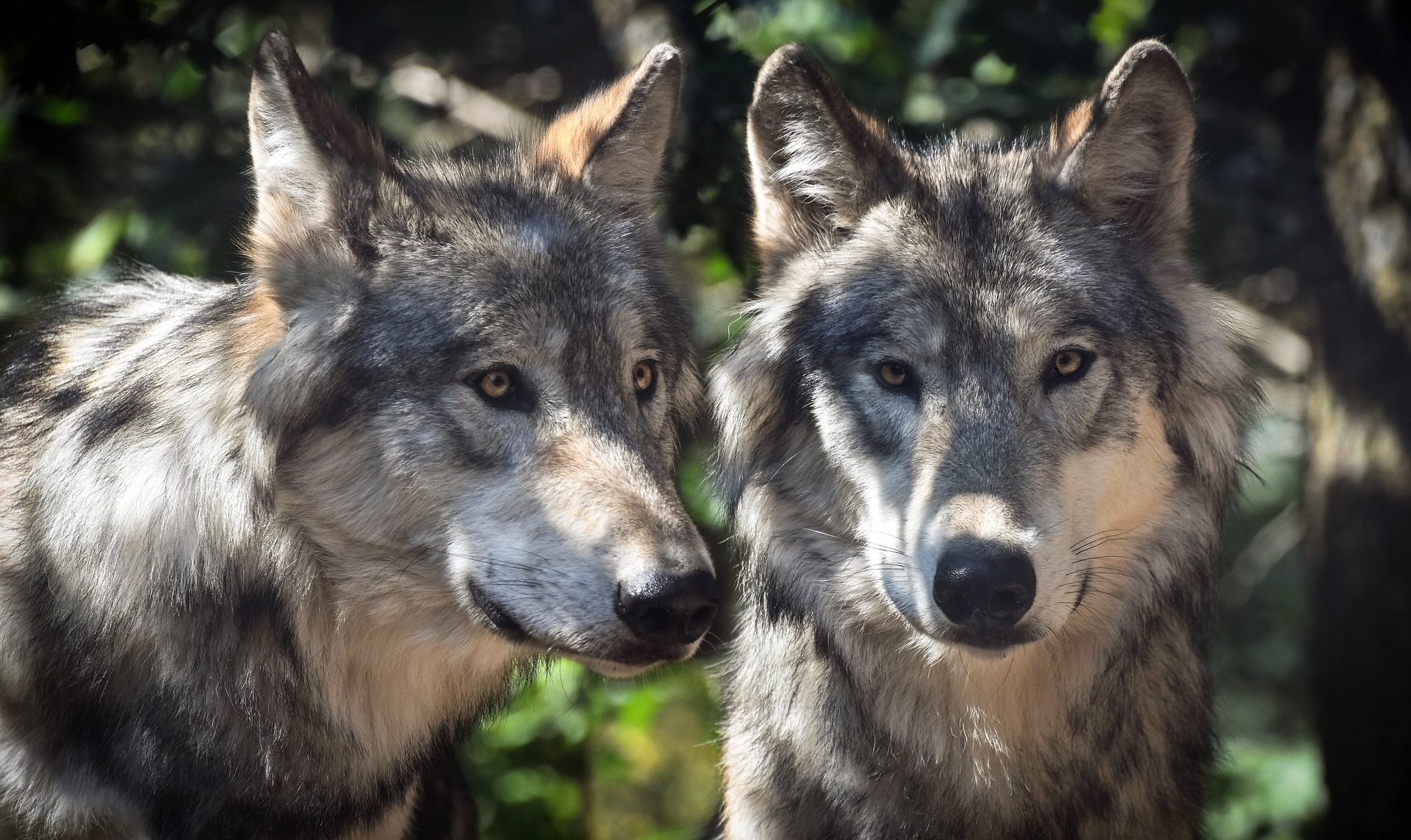
_Glaciar.png)